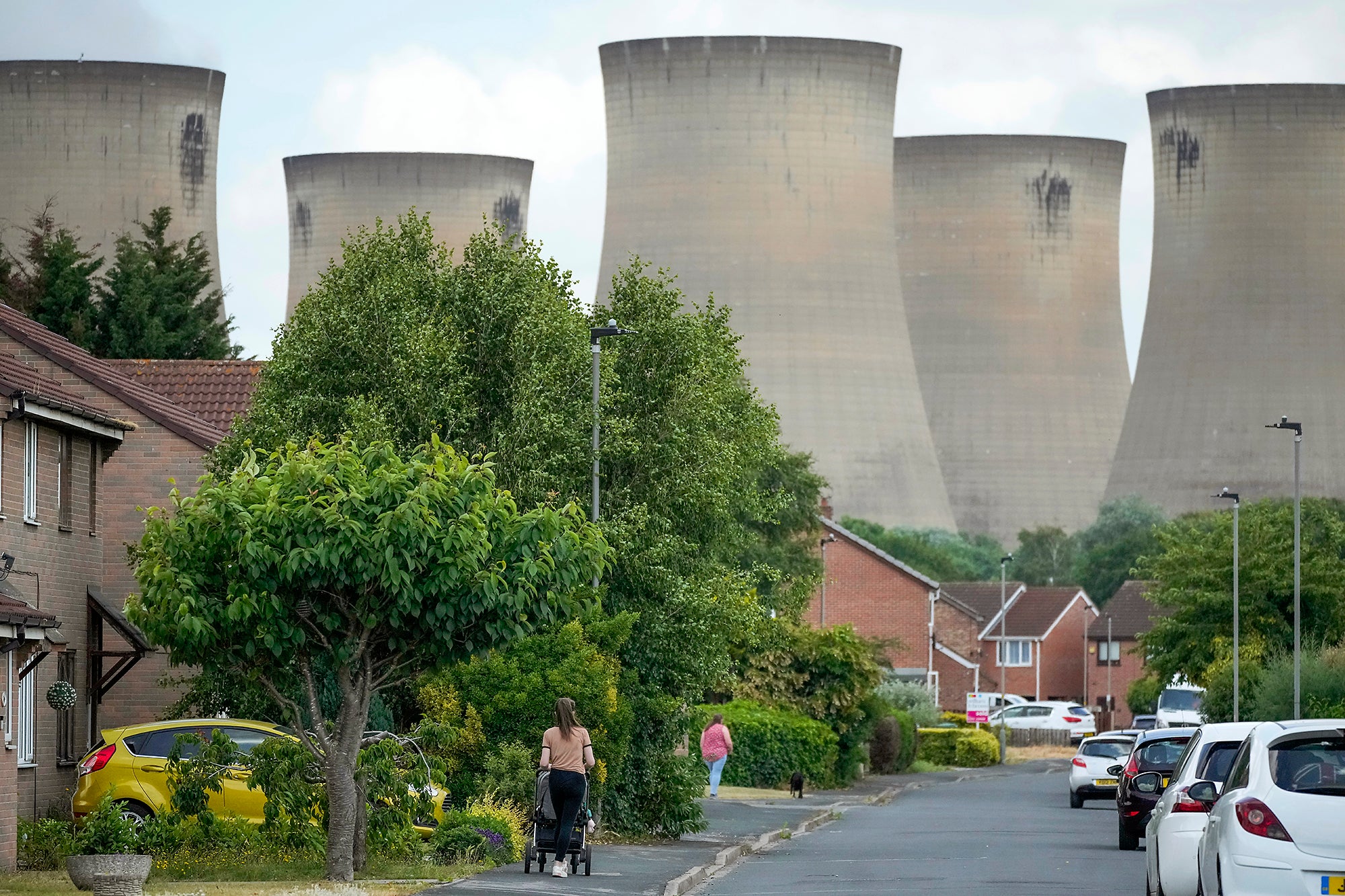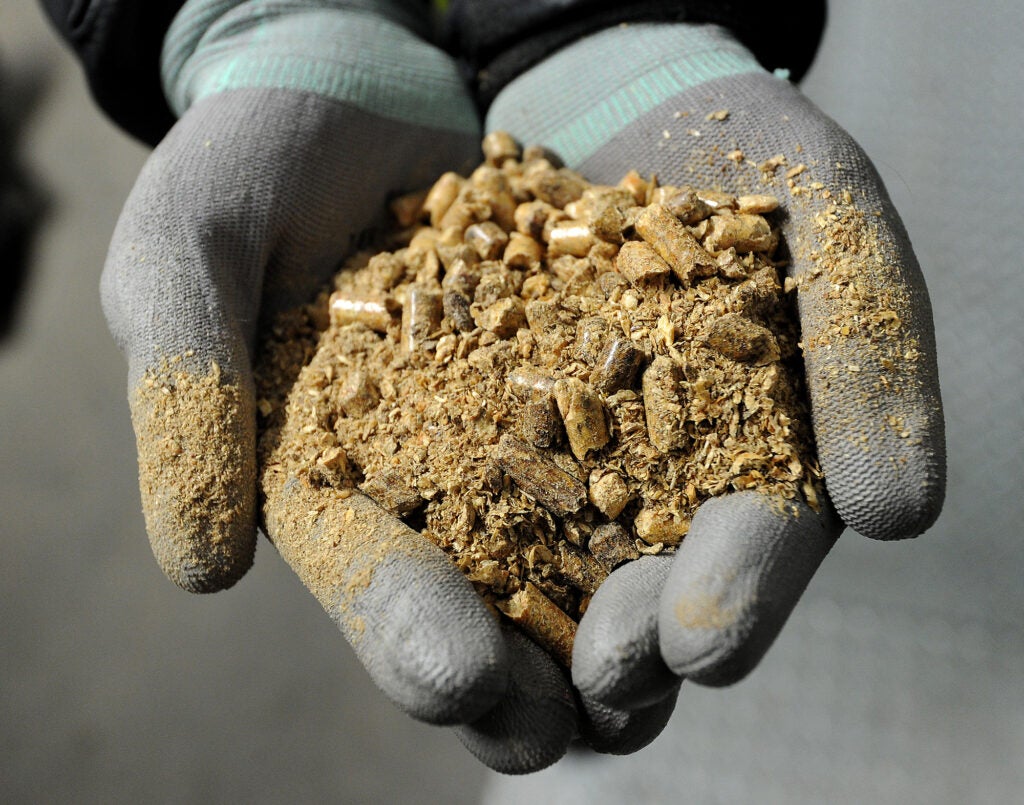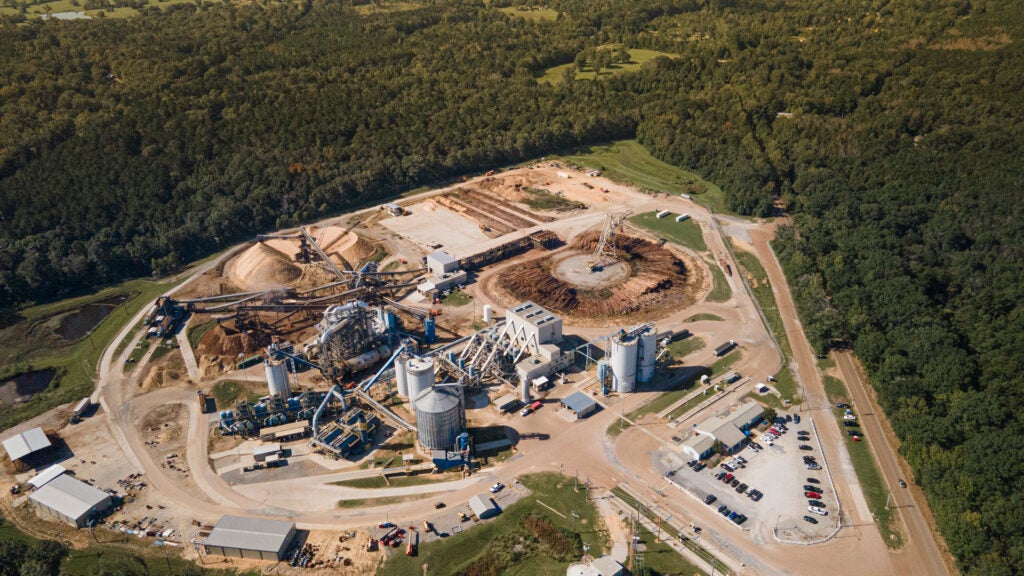Industrial Wood Pellets Are Not Renewable, Clean Energy
The industrial plants that make wood pellets harm people and the environment – with low-income, rural communities disproportionately affected.
Clients
Regional Office / Program
Case Overview
The U.S. wood pellet industry manufactures and exports wood pellets to Europe and Asia to burn in power plants for electricity. Due to a long-admitted carbon accounting loophole, wood pellet-burning countries don’t count these emissions against their own greenhouse gas emission targets, instead falsely claiming them as carbon neutral.
Burning U.S. forests for electricity has become a fast-growing alternative to burning coal, but this is a false climate solution. Greenwashing and the carbon accounting loophole have allowed industrial wood pellet manufacturing to garner public subsidies despite the industry’s considerable harm to people, communities, and the environment. In the Southeast, investigations have shown pellet mills sourcing from clear-cut forests. Earthjustice has long worked to oppose harmful industrial logging practices in national forests, to defend communities harmed by hazardous air pollution, and to uplift real climate solutions such as transitioning to wind and solar energy sources.
The wood pellet industry, which has plans to nearly double in size in the next few years, is anything but green. For over a decade, these plants have harmed human health, spewed air pollution, and leveled forests, with communities bearing the brunt of the noise, particulate matter, and hazardous air pollution that leads to asthma, other significant respiratory issues, and cancer. The combustion of industrial wood pellets releases more greenhouse gases than coal. Carbon, once safely stored in trees, is lost when forests are leveled to meet the demand for more fuel.
The industry is now proposing new plants in the Pacific Northwest and California. Earthjustice, alongside community and environmental groups and partner organizations like the Southern Environmental Law Center and the Dogwood Alliance, are working to hold the industry accountable — and prevent new harmful plants from being built.
Southeastern United States
Earthjustice represents a community fighting for stronger pollution controls at the Amite BioEnergy, LLC, wood pellet manufacturing plant in Gloster, Mississippi. The plant has repeatedly violated its air permit, and Mississippi Department of Environmental Quality has issued millions of dollars of penalties related to those excess emissions. Earthjustice is currently working with communities to help them prepare comments on state and federal air permits for the facility.
Pacific Northwest
Earthjustice represents community and environmental groups who are fighting two proposed wood pellet facilities in Washington state — one on the Washington coast, in Grays Harbor, and the other on the bank of the Columbia River in southwestern Washington. If built, these would be the first wood pellet plant facilities in the Pacific Northwest.
The Hoquiam plant, owned by Pacific Northwest Renewable Energy (PNWRE), would produce and export 440,000 tons of fuel pellets annually to ship to Asia and would operate around the clock. The Longview plant is proposed by Drax, a British company that operates at least 18 wood pellet plants in the southeastern U.S. and Canada. Drax has a troubling history of repeated air pollution violations and permit noncompliance.

Case Updates
Case page created on November 3, 2024.

